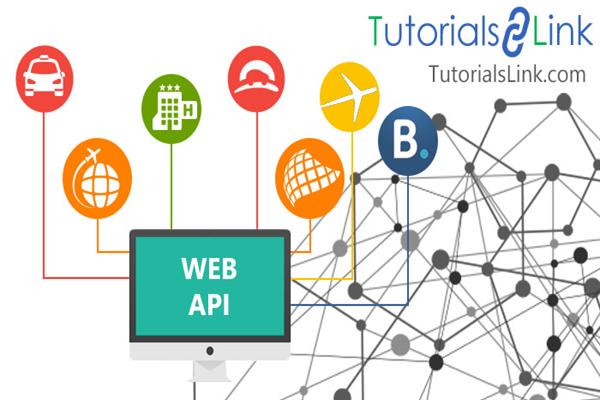Innovative Solutions with Virtual Healthcare Support
As the digital landscape of healthcare continues to evolve, practices are seeking cost-effective, efficient, and flexible solutions to deliver quality patient care. Virtual support staff have become an essential part of this transformation, offering operational assistance that extends far beyond the walls of a physical clinic. By utilizing roles like a virtual dental office, virtual dental receptionist, medical and dental virtual assistants, health virtual assistant, virtual care assistant, and healthcare virtual assistant, providers are improving workflow, reducing overhead, and enhancing patient experiences.
The Rise of the Virtual Dental Office
Dental practices are shifting to remote administrative models. A virtual dental office functions without relying on a brick-and-mortar front desk. These setups are managed online and offer real-time support through digital tools.
Key Functions:
-
Appointment scheduling and patient reminders
-
Digital treatment plans and billing
-
Managing patient reviews and feedback
-
Remote insurance processing
This virtual model helps reduce staffing costs and increase efficiency, particularly for solo practitioners or small dental clinics.
Virtual Dental Receptionist: Redefining First Impressions
A virtual dental receptionist ensures that patients are welcomed and assisted promptly without being physically present. These professionals handle front-desk responsibilities from remote locations.
Benefits Include:
-
Handling inbound and outbound calls professionally

-
Real-time calendar management
-
Insurance verification and claim tracking
-
Collecting intake forms and co-pays online
They help dental practices maintain consistency and professionalism, while also ensuring availability across multiple time zones.
Multi-Skilled Medical and Dental Virtual Assistants
Medical and dental virtual assistants provide specialized assistance for dual-specialty practices. Their cross-training enables them to understand the unique requirements of both medical and dental environments.
Their Role Includes:
-
Navigating different EHR and EMR platforms
-
Coordinating care between dental and general health providers
-
Managing cross-specialty referrals
-
Supporting documentation for billing and coding
They ensure a unified approach to healthcare services, helping clinics manage hybrid practices effectively.
Health Virtual Assistant: The Administrative Powerhouse
A health virtual assistant supports doctors, nurses, and other healthcare professionals by managing daily clerical tasks.
Key Responsibilities:
-
Prepping charts and updating patient files
-
Ordering lab tests and retrieving results
-
Handling e-prescription workflows
-
Coordinating specialist referrals
They serve as behind-the-scenes contributors that boost physician productivity while minimizing paperwork delays.
Virtual Care Assistant: Your Remote Clinical Ally
With a patient-centered approach, a virtual care assistant offers post-visit support that enhances follow-up care and long-term outcomes.
Services Typically Provided:
-
Post-discharge patient education
-
Chronic condition check-ins and reminders
-
Monitoring patient satisfaction and feedback
-
Coordinating with pharmacies and labs
They improve continuity of care by staying in touch with patients between visits.
Healthcare Virtual Assistant: All-Round Practice Support
A healthcare virtual assistant combines administrative acumen with clinical understanding, acting as a bridge between medical staff and operations.
Tasks They Handle:
-
Insurance authorizations and eligibility checks
-
Updating treatment notes
-
Coordinating telehealth appointments
-
Inbox and call management for providers
They are the operational backbone of busy practices looking to expand capacity without expanding physical space.
FAQs About Virtual Healthcare Assistants
Q1. How secure is patient data with virtual assistants?
All virtual assistants are trained in HIPAA compliance and work using encrypted platforms for data protection.
Q2. Can virtual dental receptionists handle multiple practices?
Yes, they often manage communications for more than one clinic, helping reduce overhead.
Q3. Are medical and dental virtual assistants suitable for startups?
Absolutely. They help new practices manage complex admin tasks without needing full-time in-office staff.
Q4. How quickly can a virtual care assistant be integrated into our team?
Integration usually takes 1-2 weeks depending on your existing systems and workflow.
Q5. What tools do healthcare virtual assistants use?
They commonly use practice management software, EHR/EMRs, and secure communication tools.
Conclusion
Virtual healthcare roles are revolutionizing how services are delivered and managed. By integrating support like a virtual dental receptionist, health virtual assistant, or medical and dental virtual assistants, providers can optimize care, enhance flexibility, and reduce operational costs. As healthcare continues to shift towards a digital-first model, adopting virtual support is not just a convenience—it's a competitive advantage. Whether you're managing a virtual dental office or expanding general care services, a healthcare virtual assistant can help you stay ahead in today’s healthcare environment.





